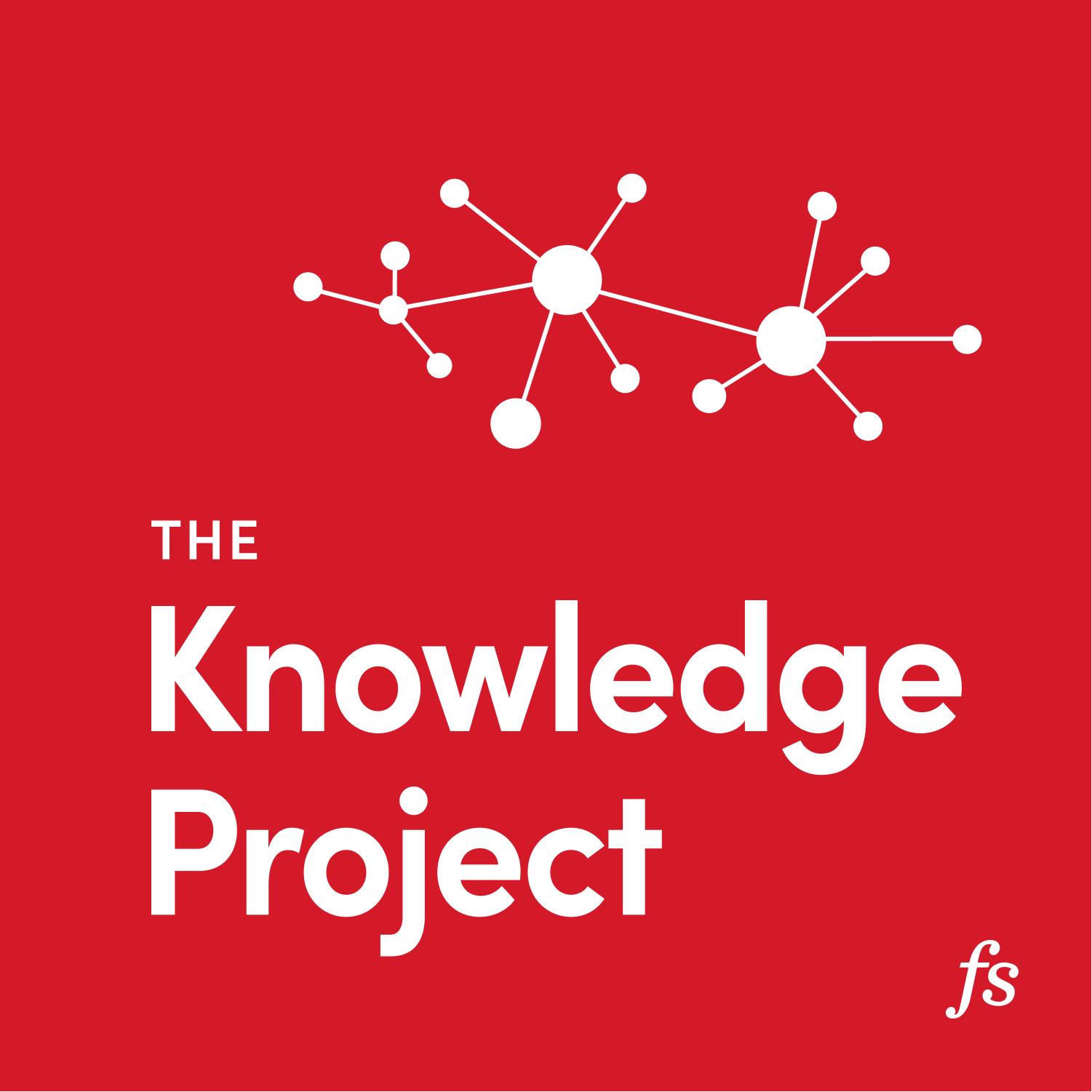#51 Celeste Headlee: The Dying Art of Conversation
Speaker, author and radio journalist Celeste Headlee has had decades of experience fine tuning the recipe for engaging and rewarding conversation. She shares some tips to help us instantly improve our conversational skills and meaningfully connect with others. Go Premium: Members get early access, ad-free episodes, hand-edited transcripts, searchable transcripts, member-only episodes, and more. … Read more


